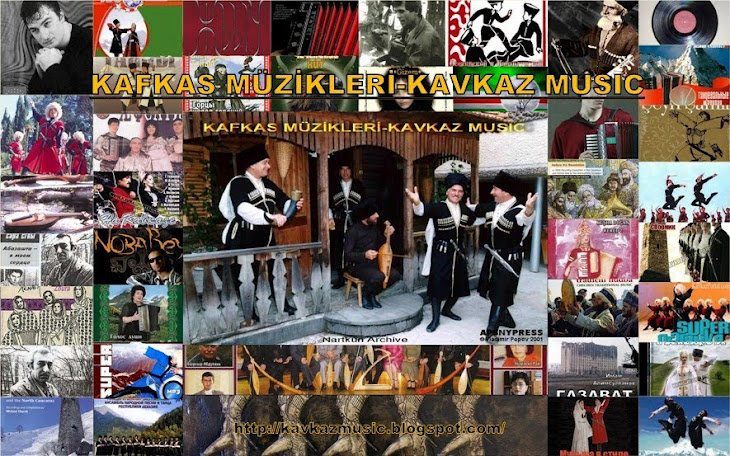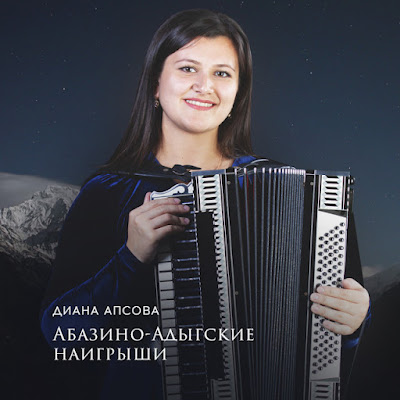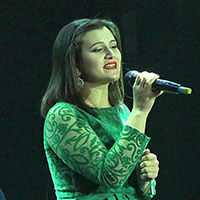Jrpjej - Taboo- Songs of Love & Death (2021) 320kbps
Jrpjej is the main project, produced by the label. This
isn’t music recorded in an expedition, but the result of many days of
rehearsals, investigations, and live performances.
Since the release of the debut album, a lot of things have
happened with Jrpjej. First, due to the pandemic we canceled the European tour.
Then two members left the band, including the main vocalist Beabars Appesh.
After the upheavals the quartet turned into a trio: the founder of the group
Timur Kodzoko, the harmonica player Alan Shawdjan, who also took on all the
male vocal parts, and the new vocalist Daiana Kulova.
Perhaps, the stress and new challenges allowed us to get
together and find the right sound shortly. On the one hand, it continues the
aesthetics of “Qorror”, and on the other, allows us to say something new.
Something new here is a more persistent commitment to the
idea of “post-traditional music”. On “Taboo”, in addition to guitar and
percussion, such atypical for Circassian music instruments as the cello and
German bagpipes appeared.
The songs for the album are taken from archival recordings
of the 20th century and from Ored Recordings' expeditions. Some are performed
close to the original, others are changed dramatically.
The goal of this reconceptualization is not to give old
songs a new life, to modernize, but to play them as we want. This brings Jrpjej
closer to the masters of the past: most of the musicians whose recordings have
become classics of traditional music have their recognizable style and unique
sound. Magamet Khagauj, Aslanbek Chich, Khajdal Kunizhev, and other narrators
of folk tales and instrumentalists of the 20th century did not reconstruct the
songs of bygone antiquity, but each time created Circassian music based on
tradition, aesthetics, and canons. A group that has just begun to discover its
native music can not be put in one next to the famous djeguako, but the
principle is the same.
The band’s main lineup made the album coherent, but the
invited musicians diversified the release and added their touches.
Tamerlan Vasiliev from the first lineup of Jrpjej returned
to help with the flute parts — kamyl, apapshina (Circassian dombra), and
shichepshin (fiddle).
Aslan Tashu, who also has a solo project Azmetuko, not only
sang along and played along in several songs but also soloed in
"Karakamyl". His friend Dzhambulat Tlemshok, an aspiring journalist
and beatmaker, helped with the background music in several songs.
Perhaps Jrpjej becomes not a group, but a community in which
musicians experiment and make their own music, getting a place and means for
creativity.















